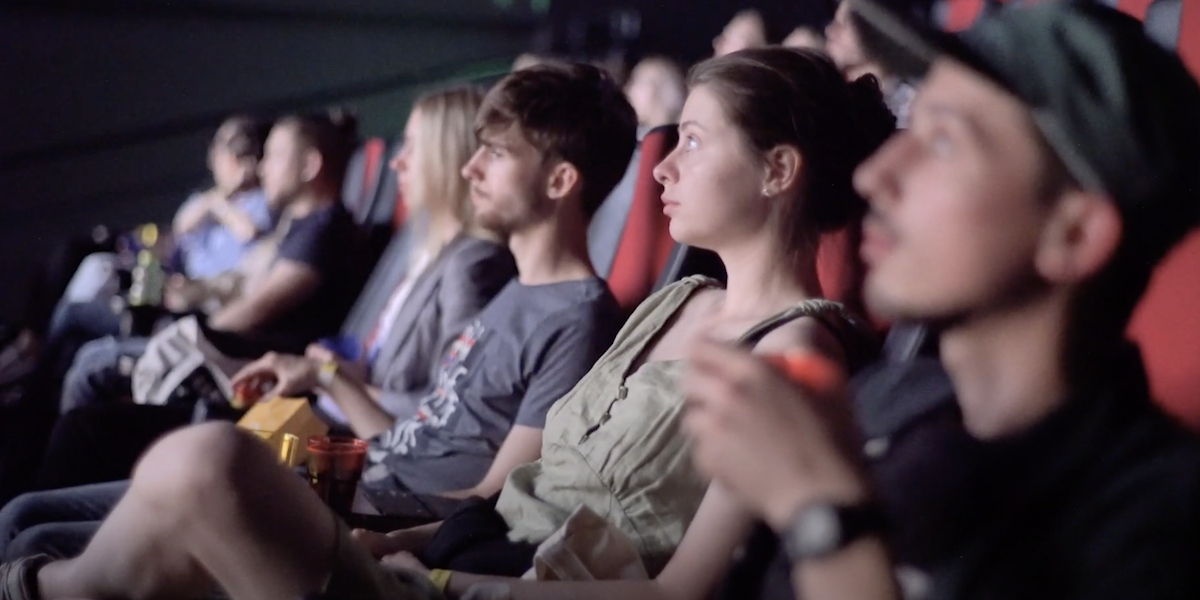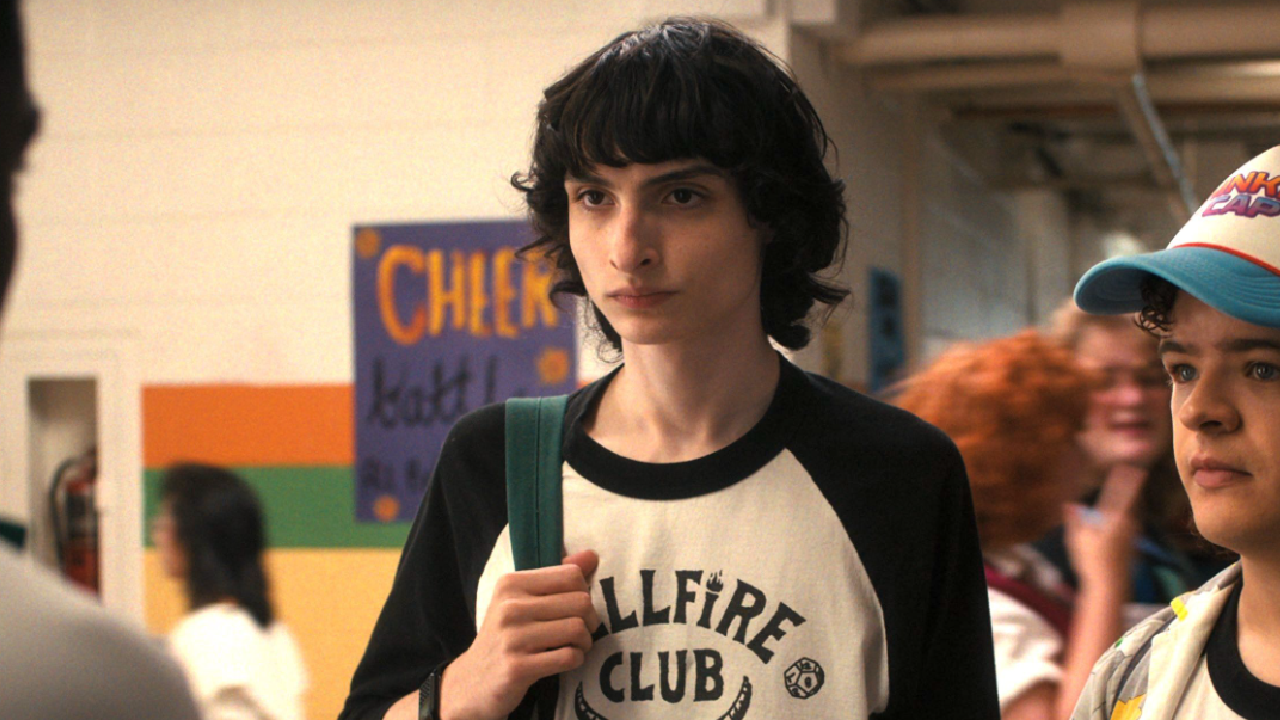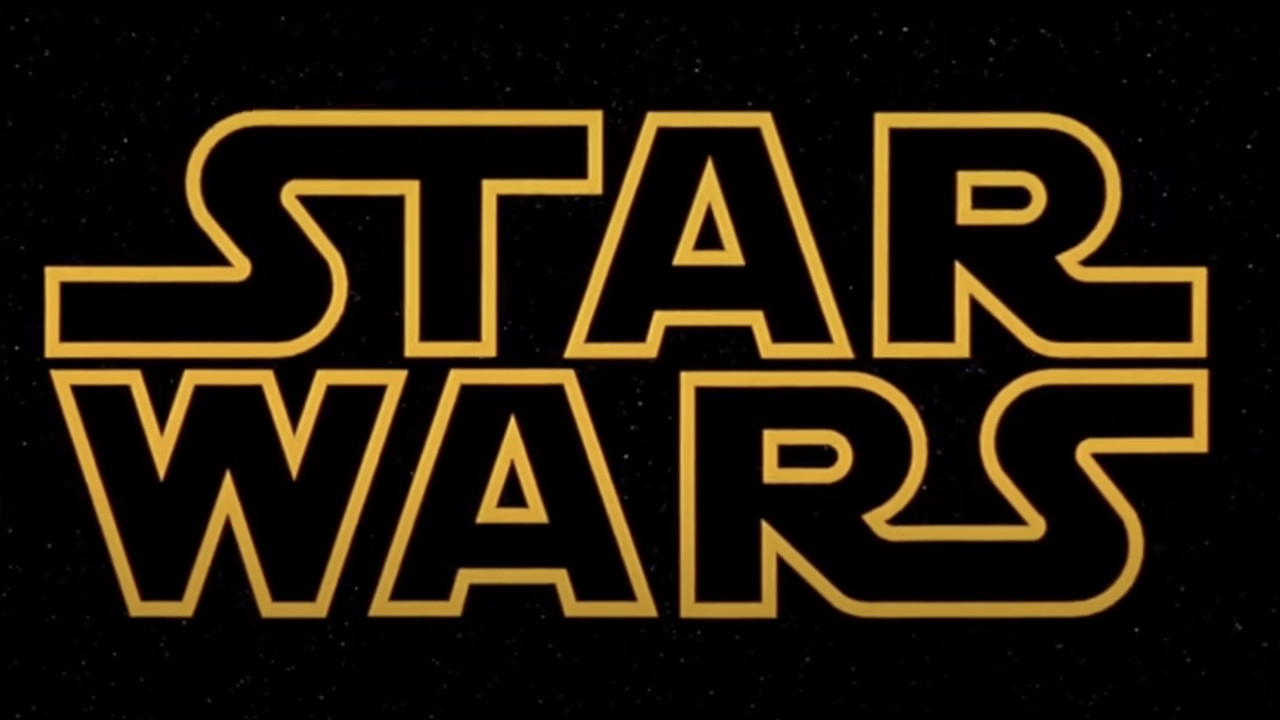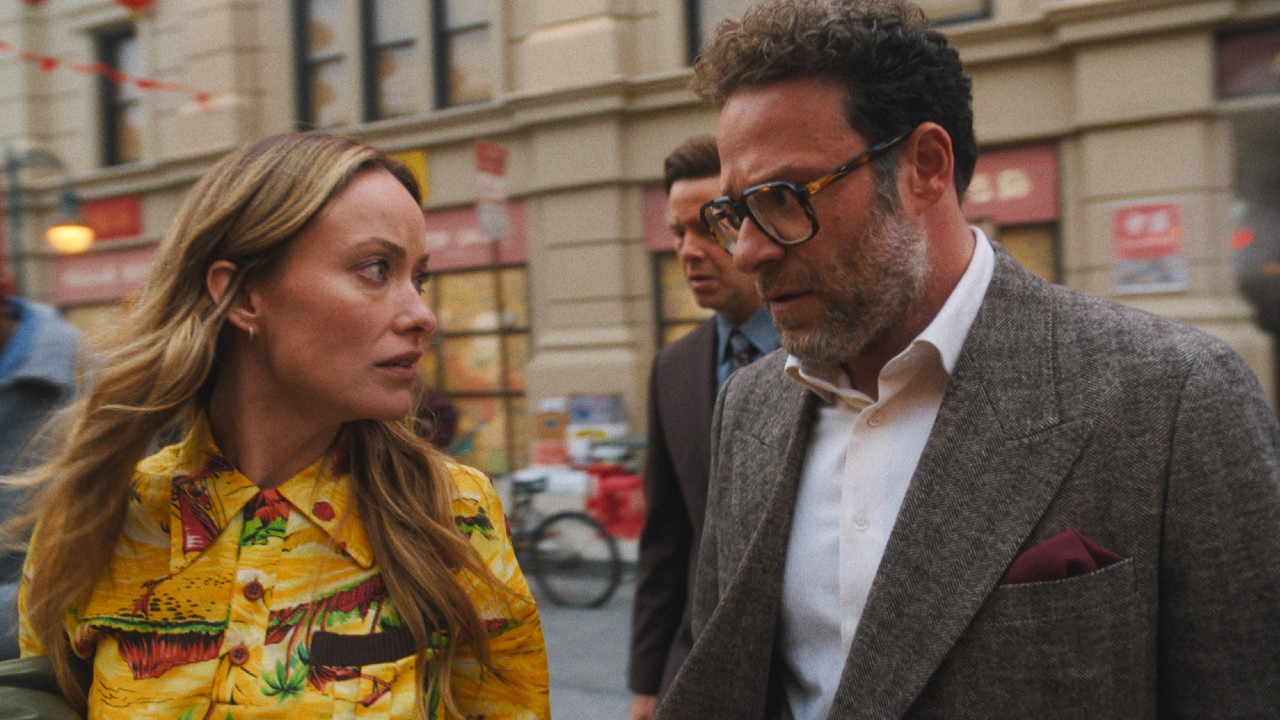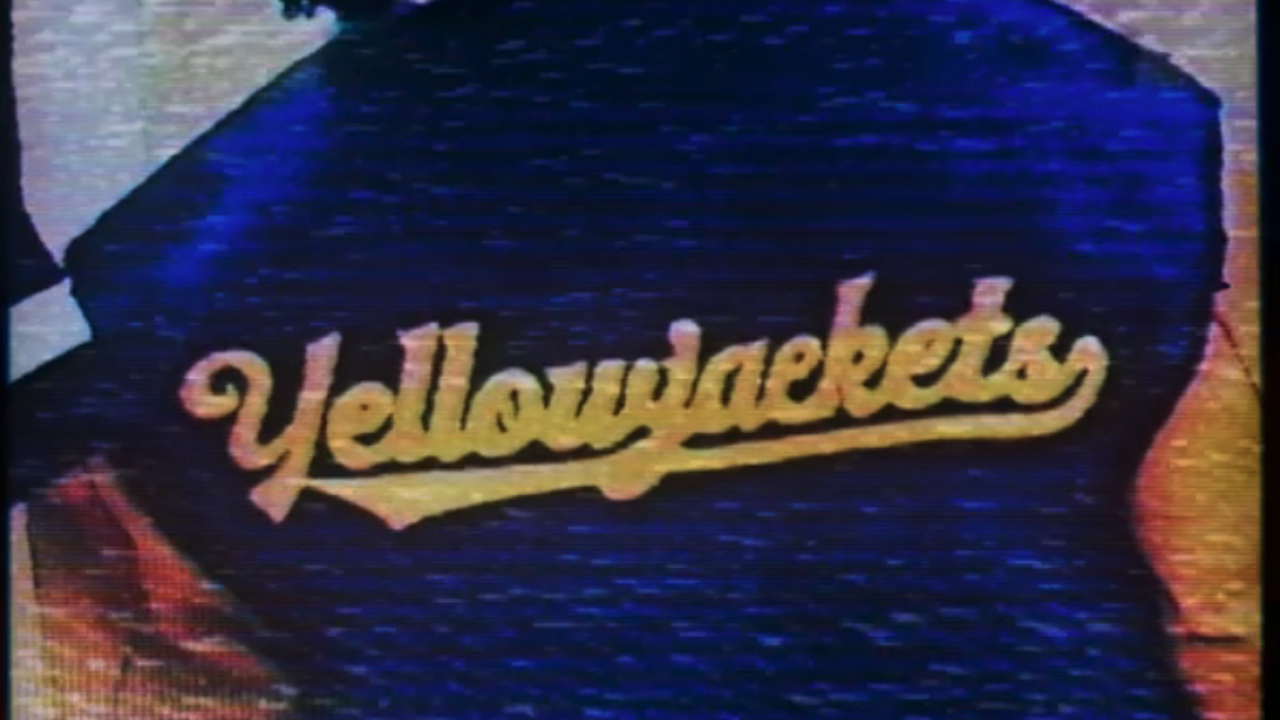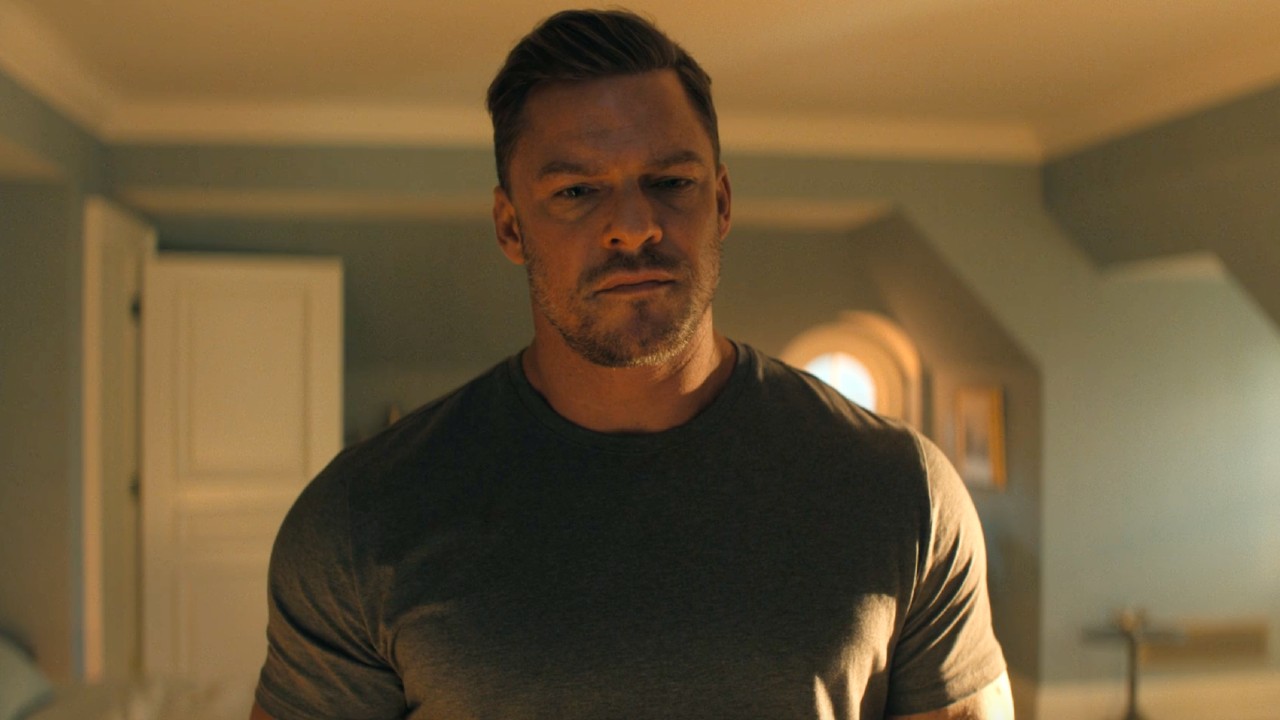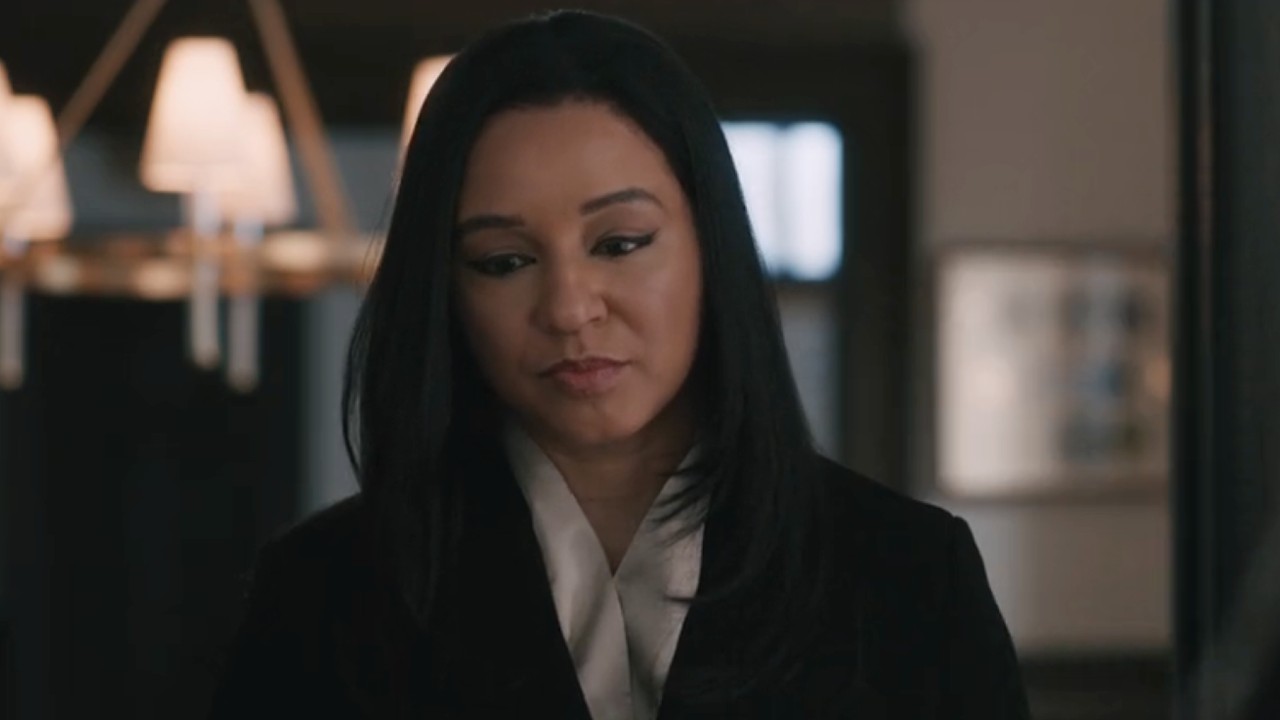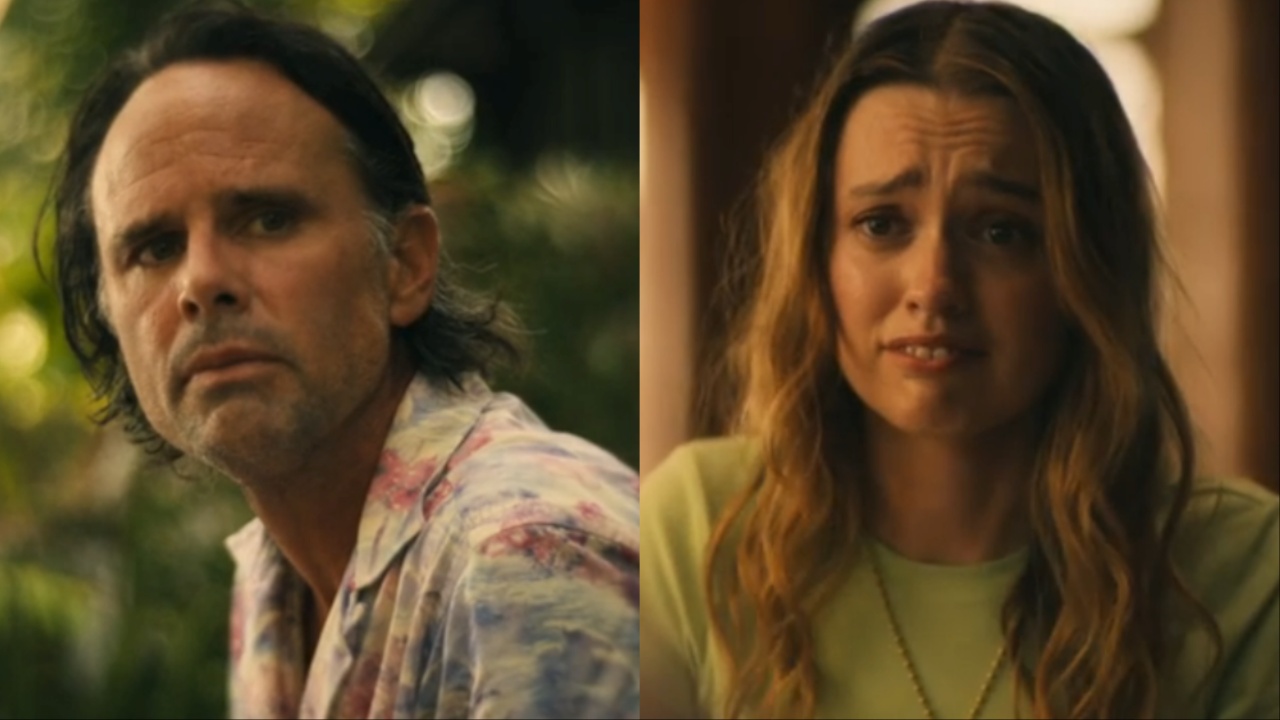Why Warner Bros’ Big HBO Max Decision Doesn’t Mean The Death Of Theaters
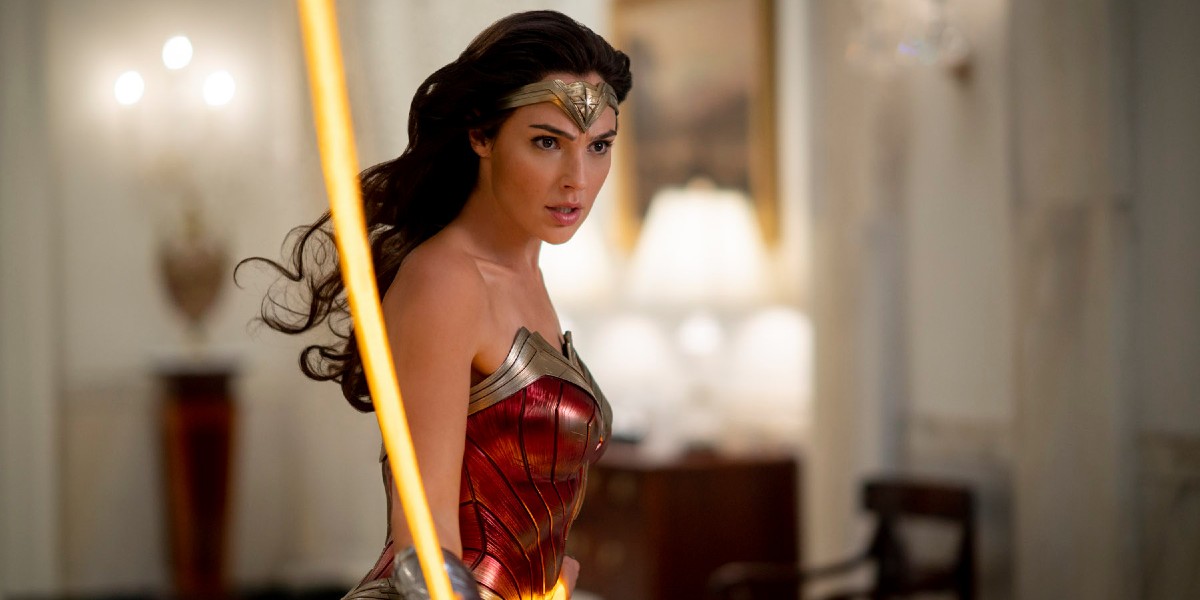
It was an announcement that stopped everyone in the entertainment industry dead in their tracks. With its 2021 theatrical slate in the balance, Warner Bros revealed that its entire slew of cinematic content for that year would not only stay on course for theatrical release, but every title would also be simultaneously released to HBO Max. Cue the panic and the decrying from many that theaters were, for all intents and purposes, dead; something that was entirely uncalled for. Believe it or not, Warner Bros’ big HBO Max decision doesn’t mean the death of theaters.
As easy as it would be to say that theaters are ready to go extinct after this announcement, there’s ample evidence to the contrary sitting right out in display. That’s not to say this seismic shift is going to make things any easier for exhibitors to keep up with the rapid pace of cinematic evolution. However, thanks to the following reasons I’m about to run through, it feels safe to say that while cinemas may have lost footing in this announcement, they should definitely not be counted out completely.

Certain Partnership Deals Might Require Extra Negotiation
Even in the moments surrounding the huge announcement pertaining to Warner Bros’ HBO Max decision, there were storm clouds forming that posed potential hitches to this grand plan. The largest obstacle being that Warner Bros partner/production company Legendary apparently wasn’t consulted about the 2021 push to simultaneous releases, which includes two of that company's biggest potential blockbusters. Now legally challenging the Warner Bros decision to send Godzilla vs. Kong and Dune to HBO Max for the initial month of release, Legendary’s story is one that we’ve heard before, and will continue to hear when big studios start to look at releasing their films to anything other than an exclusive theatrical debut.

The HBO Max Window Is Still Pretty Limited
It's not like the Warner Bros/HBO Max strategy is even a long term fix anyway. Rather, from the stipulations that are put on the debut of films like Wonder Woman 1984, it’s a pretty limited window if you want to get in on the action from your couch. As the movie will become a theatrical exclusive after the initial month of simultaneous release, there’ll still be a window of exclusivity to theaters. If people like the DC Comics film enough, and if it’s safe enough in their market, they might head out to see Wonder Woman 1984, or any of the other Warner Bros releases in this model, again in theaters. Not to mention that with Warner Bros only announcing this model for the studio’s 2021 release slate, it’s not like the theater is being by-passed altogether.
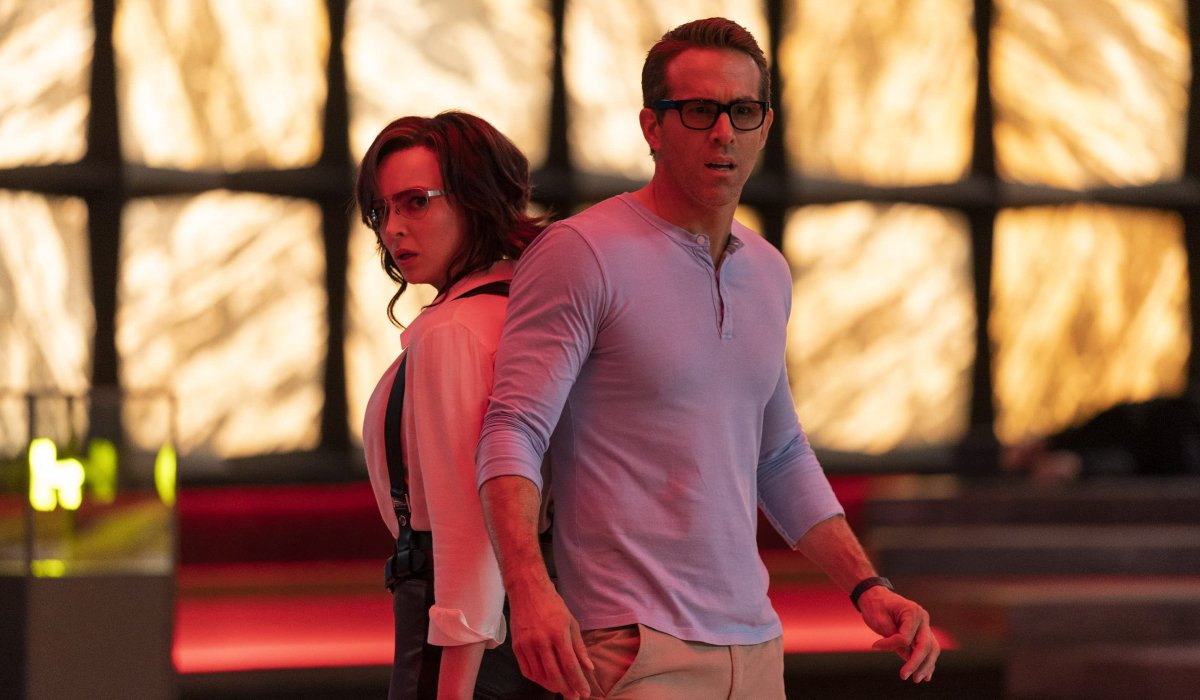
Not Every Studio Will Want To Follow Warner Bros' Example
A huge reason Warner Bros might be engaging in a simultaneous release model between HBO Max and theatrical exhibitors is the fact that, unlike some other studios, the Hollywood powerhouse really can’t afford to delay its slate. For example, Disney can afford to push off big movies like Free Guy and Death on the Nile because there’s still a crop of select content either made for or selected to debut on Disney+. HBO Max, on the other hand, is a fledgling streaming service caught in a pandemic. Without as much time to really develop their twin content streams, Warner Bros not only needs to get its cinematic slate moving, it also needs to boost HBO Max’s fortunes in an effective way. If anything, this feels like more of a temporary strategic play for subscribers, and not striking a blow against the theatrical window.

Netflix Might Balance The Major Shift With Their Own Moves
In another pretty heated war that’s been waged between streaming and theatrical distributors, we’ve seen past conflicts bar streaming originals from companies like Netflix from getting any sort of play from the big three theater chains. The sacrosanct 90 day window was something that neither party could agree to budge from, albeit in different directions. However, the pandemic world has forced some to get creative, and as a result, Cinemark has been running Netflix originals like The Christmas Chronicles 2, and soon The Midnight Sky, in limited locations. With this truce acting as a test case for the theatrical world in general, and on much shorter windows than even the Universal agreements have stipulated, there’s a chance that Netflix and other streaming services could balance out an HBO Max-friendly marker with their own content.
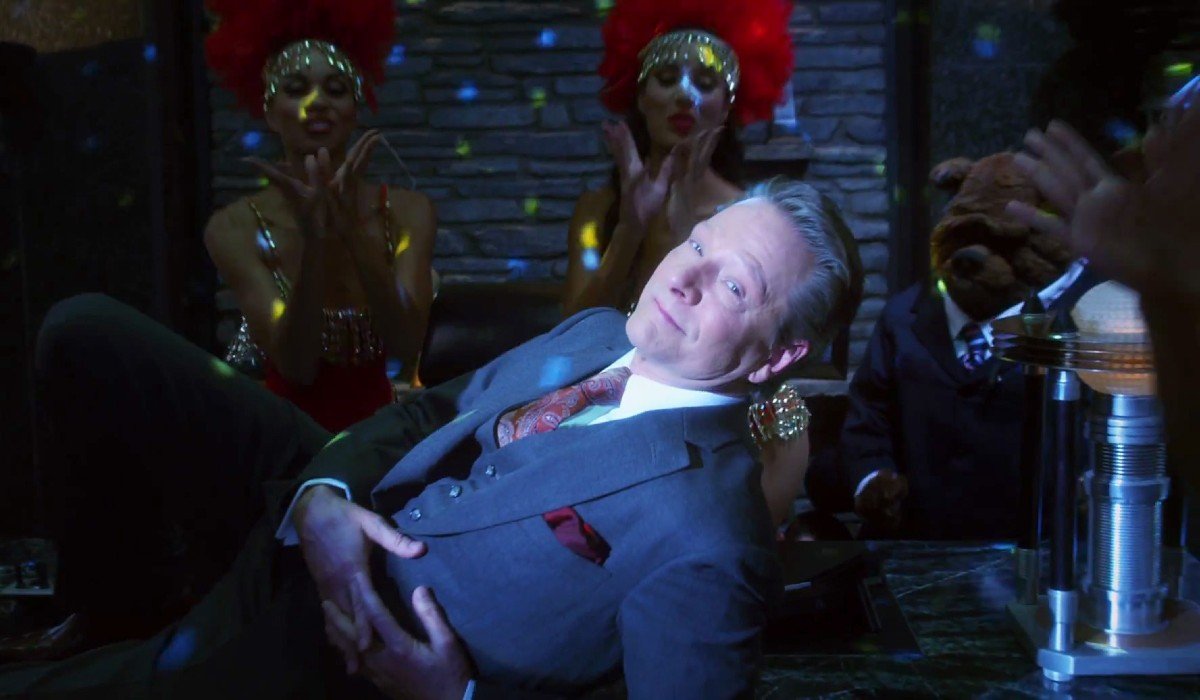
Major Studios Could Enter The Theater-Owning Market
Of course, this is all assuming that major studios don’t start buying up movie theaters in the next couple of years. With the market depressed, theaters closing in the wake of shut downs and an uncertain market, the death of the Paramount Consent Decrees could mean that Warner Bros and others might make their own play to keep theaters alive. While streaming and PVOD have been temporary fixes, there’s a reason that studios have only resorted to those strategies as late as they have: theaters still rake in most of a movie’s cash. If there aren’t any DOJ shakeups in the incoming administration, it wouldn’t be surprising at all to see movie companies propping up the market, in hopes that cutting out any intermediary parties might boost their bottom line.
CINEMABLEND NEWSLETTER
Your Daily Blend of Entertainment News

People Still Want To Go To The Movies
Putting all forms of politics aside when it comes to the matter of Warner Bros and HBO Max’s big simultaneous release model, there’s a common thread all parties should be able to agree on: people still want to go to the movies. Craving content like Wonder Woman 1984, Godzilla vs. Kong and Dune is a surefire sign that thrills designed for the cinema still play with the folks at home. If streaming is the only way most people will get to see big ticket releases, they’ll obviously take that opportunity to relieve themselves from their mental burdens. It’s what the movie industry has always allowed people to do, and that’s not a desire that will go away any time soon.
If you really want to see what Warner Bros is aiming for with the new model of incorporating HBO Max releases into its theatrical model, you need to look past the rabble that claims this is going to kill movie theaters. If anything’s “killing” movie theaters, it’s the uncertain world that surrounds them, and there’s only so much people can do about that. While there’s a lot that could, and should, be done in terms of relief for the entertainment industry, Warner Bros’ actions are not the reason cinemas are in jeopardy.
However, there is something concerned audiences can do, should they want to help out the movie theater industry in its hour of need. Head over to #SaveYourCinema and send a message to your local elected officials about how you want them to take action during the COVID-19 pandemic. We can all enjoy the new and exciting movies headed home real soon, while also supporting the movie theaters that helped us escape the world when we really needed it. Meanwhile, Wonder Woman 1984 marks the beginning of this next phase of experimentation, as it will debut on HBO Max and in theaters on Christmas Day.

Mike Reyes is the Senior Movie Contributor at CinemaBlend, though that title’s more of a guideline really. Passionate about entertainment since grade school, the movies have always held a special place in his life, which explains his current occupation. Mike graduated from Drew University with a Bachelor’s Degree in Political Science, but swore off of running for public office a long time ago. Mike's expertise ranges from James Bond to everything Alita, making for a brilliantly eclectic resume. He fights for the user.
